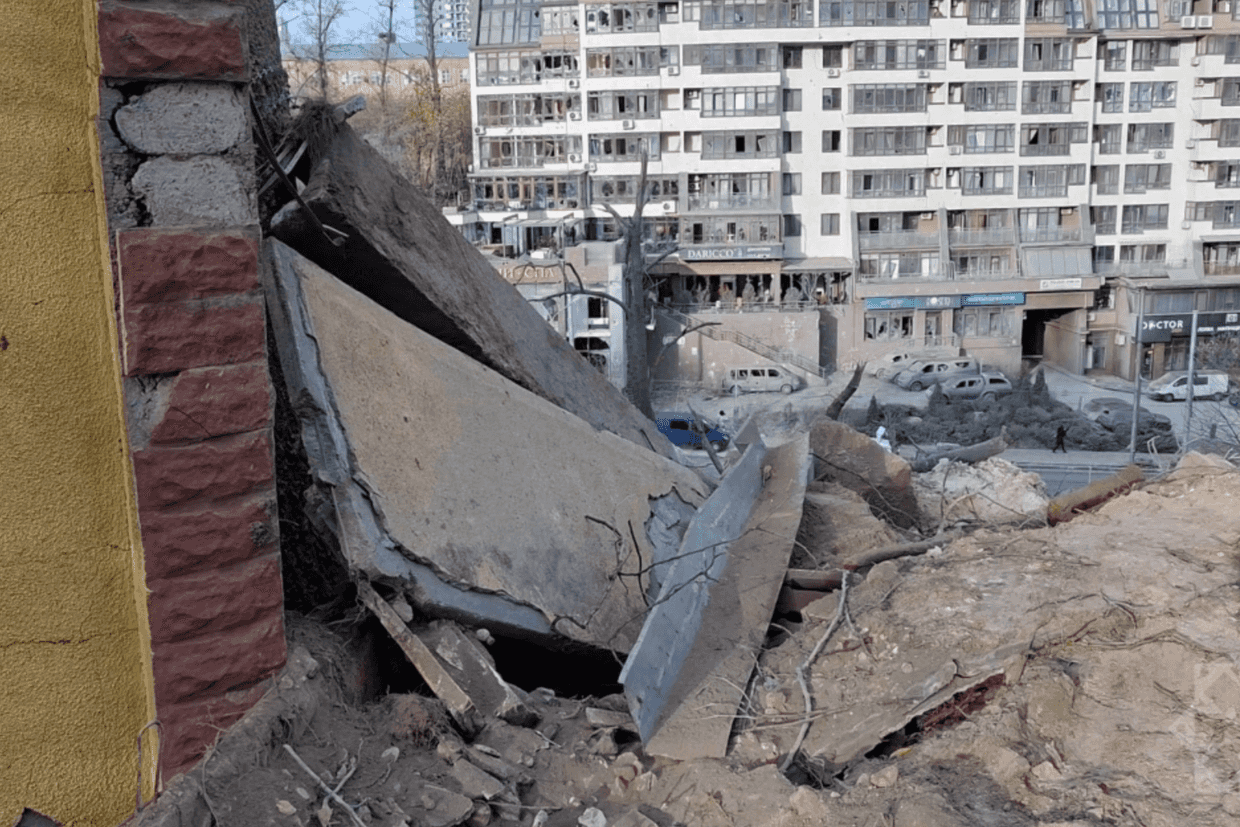
Azerbaijan and Pakistan have signed a series of agreements on trade and energy during a visit by the Pakistani PM to Baku. They also discussed possible joint defence procurement, with Azerbaijani President Ilham Aliyev vowing to continue to purchase defence equipment from Pakistan.
Aliyev met with Pakistani Prime Minister Muhammad Shehbaz Sharif on 24 February in Baku as part of a two-day state visit.
Following the meeting, Aliyev stated that the two had agreed on a ‘very ambitious economic agenda’ and that instructions had already been given to ‘work actively over a month to prepare documents for signing with respect to Azerbaijani investments in Pakistan’.
Aliyev previously announced during a state visit to Pakistan in July 2024 that Azerbaijan would invest at least $2 billion into various projects and initiatives.
Azerbaijan’s state oil company, SOCAR, also signed several agreements with the Pakistani delegation, including oil contracts and an agreement to construct a pipeline in Pakistan.
Voice of America later reported, citing Pakistan’s Finance Ministry, that Pakistan’s Economic Cooperation Committee had already approved a three-year extension of the LNG Framework Agreement between SOCAR and Pakistan LNG Limited, which allows Pakistan to procure one shipload of liquified natural gas (LNG) per month when required without any minimum financial commitments.
Joint defence productions
In addition to these agreements, Aliyev also reportedly spoke favourably of Pakistan’s defence industry and continued defence cooperation.
He said Azerbaijan was ‘very content’ with the quality of Pakistani defence equipment and that purchases would continue.

He also reportedly told journalists after the meeting that the two had discussed ‘joint defence industrial production’, which he said would ‘become yet another important sector of our cooperation’.
He added that while Pakistan has a well-developed defence industry, Azerbaijan was also expanding its own industry, noting that they already exported defence products to more than 30 countries.
‘With joint production, I think the geography of our shipments — our exports — will definitely expand’, Aliyev said.
Sharif reportedly stated that joint defence production would be the ‘main sphere on our cooperation agenda’ when an Azerbaijani delegation visited Pakistan in April.
Azerbaijan and Pakistan have had close ties since the former’s emergence as an independent nation in 1991, including defence ties.
In September 2024, the two countries signed a $1.6 billion deal for the supply of an unknown number of Pakistani-Chinese JF-17 Thunder fighter jets to Azerbaijan. The first deliveries took place in September 2024.
While Azerbaijan has continued to rely on Pakistan as a strong international partner, Armenia has been deepening its military ties with India, potentially setting the stage for a proxy rivalry between the two South Asian countries in the South Caucasus.
Pakistan is also the only country in the world not to have recognised Armenia’s independence.











